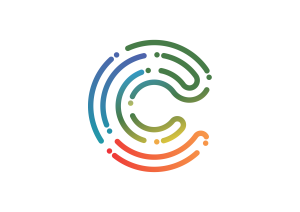Sectieoverzicht
-
-
When you have an infection, you have a medical condition that occurs when one or more microorganisms, such as bacteria, viruses, or fungi, invade and multiply in or on your body. This will cause tissue injury or disease.
An infection may or may not cause symptoms, and it may be localized or affect the whole body. An infection may also be transmissible or communicable to other hosts.
A disease is an abnormal condition that affects the structure or function of an organism or part of it, and that is not due to external injury.
A disease may have symptoms, and may be caused by environmental factors, an infection, genetic flaws, or combinations of these factors. A disease can often be passed from one person to another, and cause difficulties.
Pathogens are disease-causing viruses, bacteria, fungi, or protists, which can infect animals and plants. Humans have an immune system, which can defend them from pathogens.
Pathogens
A pathogen is a microorganism that causes a disease. There are four main types of pathogens: viruses, bacteria, protists, and fungi.

All types of pathogens have a simple life cycle. They infect a host, reproduce themselves or replicate if it is a virus, spread from their host and infect other organisms.
Diseases caused by pathogens are called communicable diseases. This means they can be transferred from one person to another.
All organisms are affected by pathogens. Even bacteria are infected by certain types of viruses. Some of these infections can be transferred to organisms of a different species.
Transmission
Transmission can occur in several important ways, as shown in the table below:
Type
Examples
Direct contact
This can be sexual contact during intercourse or non-sexual contact, like shaking hands.
Water
Dirty water can transmit many diseases, such as the cholera bacterium.
Air
When a person who is infected by the common cold sneezes, they can spray thousands of tiny droplets containing virus particles to infect others.
Unhygienic food preparation
Undercooked or reheated food can cause bacterial diseases like Escherichia coli which is a cause of food poisoning.
Vector
Any organism that can spread a disease is called a vector. Mosquitos cause malaria. The mosquito is the vector.
Credit: Let's Learn Public Health. Infectious Diseases: A Beginner's Guide to the Basics
-
